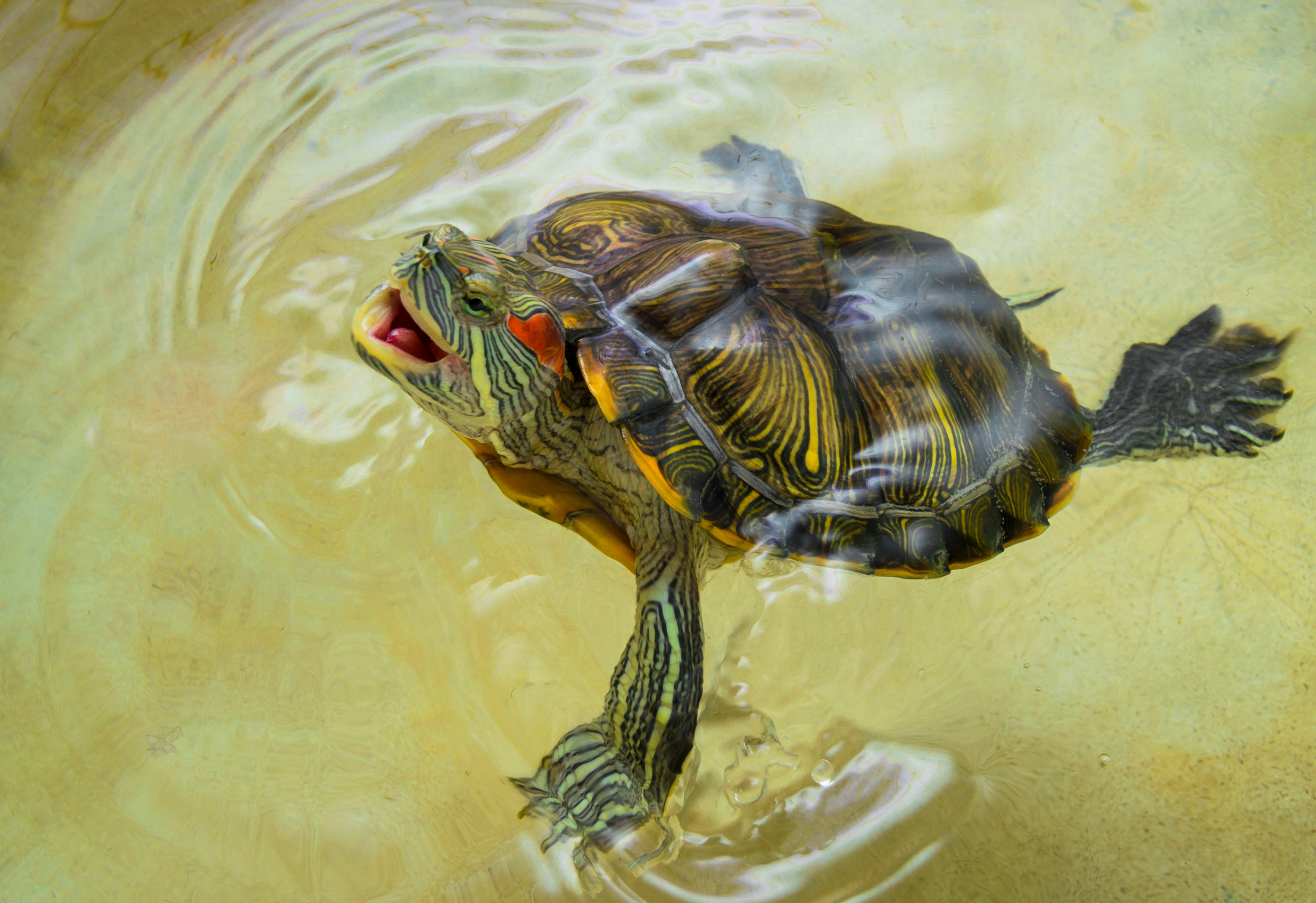
Invasive plants use roads to colonise Swiss Alps

Global warming and transport networks have contributed to a rapid spread of invasive plant species creeping up the Swiss Alps in recent years.
Researchers are surprised at the speed of colonisation by non-native flora, which was measured at 16% growth over a ten-year observation period, in common with other alpine regions around the world.
A global study led by the federal technology institute ETH Zurich traced the spread of invasive plants between 2007 and 2017 in Switzerland, Chile, Australia, Tenerife, the United States mainland, Hawaii, Kashmir, and Norway.

More
How Switzerland is battling invasive species
“We were surprised that their spread is proceeding so rapidly and that the number of alien species has increased so much within a decade,” said ETH Zurich doctoral student Evelin Iseli. “Normally, it takes several decades for species to become established and widespread in an area.”
Invasive plant species have also taken root at much higher elevations than expected, which has been put down to rapidly rising temperatures around the world.
Scientists concentrated their research along roads and other transport routes, which are the most likely places for people to introduce invasive plants, intentionally or unwittingly.
Alien flora also has a better chance of thriving along roadsides and rail tracks where the habitat has been disturbed to the point that native plantss have less chance of seeing off the new competitors.
The results of the 15,000 observations of 616 non-native plant species from 651 study plots in several countries have been published in the journal Nature Ecology & Evolution.

More
Alien spiders in Switzerland – how worried should we be?

In compliance with the JTI standards
More: SWI swissinfo.ch certified by the Journalism Trust Initiative

























You can find an overview of ongoing debates with our journalists here . Please join us!
If you want to start a conversation about a topic raised in this article or want to report factual errors, email us at english@swissinfo.ch.